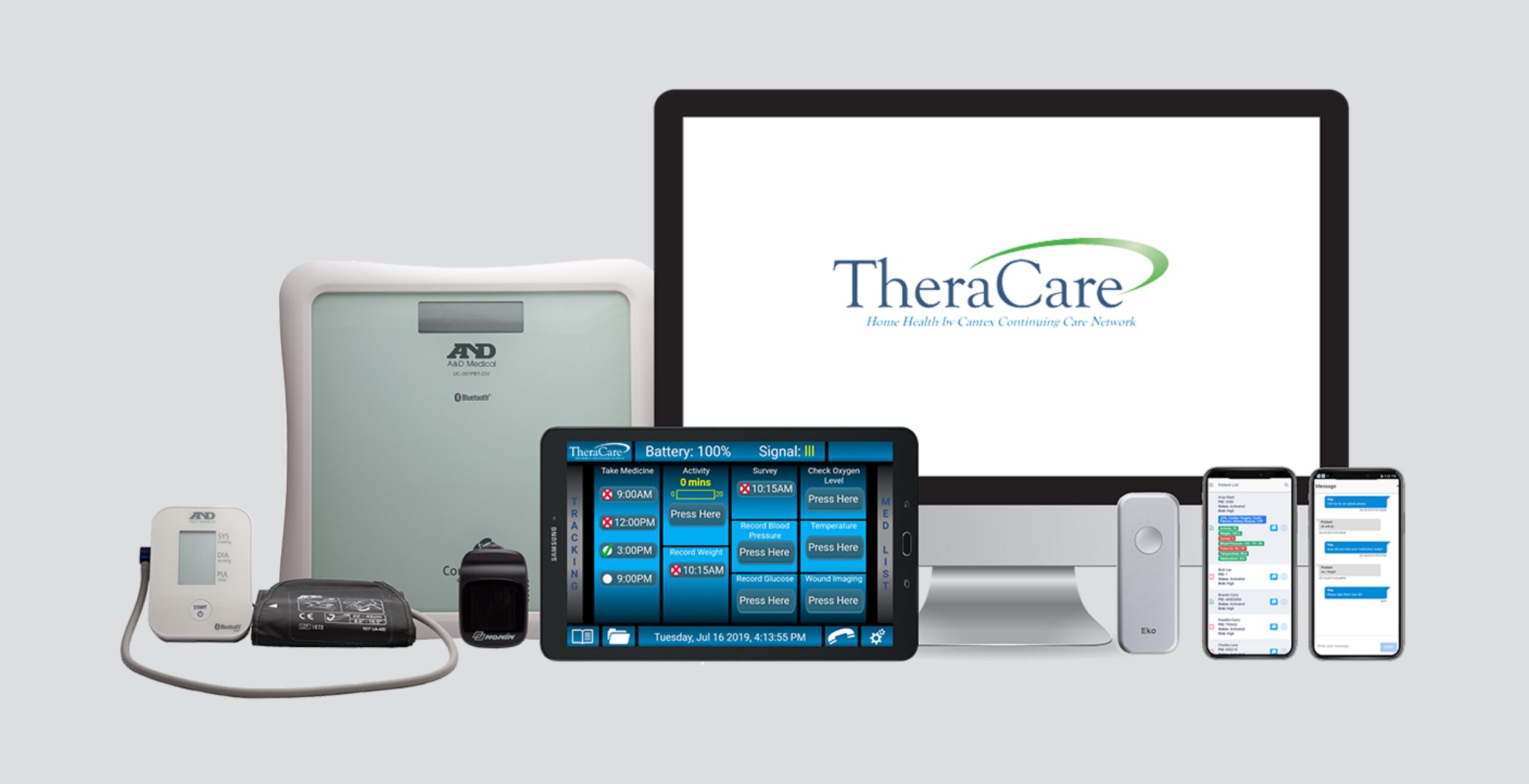Keeping Seniors Active: Top Cognitive Games for Memory Health
Practical ways to stay cool, safe, and healthy during the hottest months of the year
August 1, 2025

As we age, it’s normal to notice subtle changes in memory and focus. While some cognitive slowdown is part of healthy aging, there are ways to actively support brain health, and playing the right kinds of games is one of them.
Cognitive games aren’t just entertainment. They challenge memory, reasoning, focus, and logic, all vital skills for maintaining independence and quality of life. In skilled nursing facilities, incorporating cognitive games into daily routines helps residents stay mentally sharp while also encouraging meaningful engagement.
So, what kinds of games best support memory and cognitive health?
Crossword and Word Puzzles
Crosswords, word searches, and anagram games stimulate the language centers of the brain, helping with verbal fluency, memory recall, and attention to detail. Studies suggest that regularly solving word puzzles can delay memory decline and improve overall cognitive performance in adults over 50. Even participating just once or twice a week can make a noticeable difference in mental sharpness.
Sudoku and Number-Based Logic
Number-based puzzles like Sudoku offer exceptional benefits. These logic-based games are known to improve problem-solving skills, concentration, and pattern recognition. Seniors who regularly engage in number puzzles often perform better on memory and reasoning tasks than peers who don’t. Because they can be easily adjusted in difficulty, they’re accessible to residents with a wide range of cognitive abilities.
Bingo — A Classic That Still Supports the Brain
Bingo may be considered a classic, but it continues to offer real cognitive value. Beyond its popularity and social benefits, bingo enhances auditory and visual processing, hand-eye coordination, and the ability to focus under time pressure. The fast-paced nature of the game requires players to listen, scan, and respond quickly, all of which stimulate key areas of the brain. It’s also a fantastic option for group engagement and memory care environments due to its adaptability.
Memory Matching and Sorting Games
For residents with dementia or those who benefit from more hands-on stimulation, memory matching and sorting games provide a simple yet effective way to boost short-term recall and focus. Matching colors, shapes, or images helps reinforce recognition skills and offers both tactile and visual engagement. These activities can be played one-on-one or in groups, providing flexibility for different care needs.
.
Three-Dimensional Video Games
Even digital gaming can have a place in supporting senior cognitive health. Three-dimensional video games, such as Wii Sports or virtual reality simulations, have been shown to improve spatial awareness and memory in older adults. Just a few weeks of playing interactive 3D games can enhance recognition memory and promote better coordination and movement. For many residents, these games also introduce a fun new way to connect with others and explore technology.
A Well-Rounded Approach to Brain Health
While games are a powerful tool for cognitive support, they’re most effective when paired with other healthy habits, such as physical activity, balanced nutrition, and regular social interaction.
At our skilled nursing facilities, cognitive games are just one way we encourage whole-person wellness. Whether it’s a quiet crossword or a competitive trivia round, we believe mental stimulation should be fun, inclusive, and tailored to every individual’s abilities.
Interested in how our team supports memory health?
Visit your nearest Cantex facility to learn more about our recreational therapy and cognitive wellness programs.






